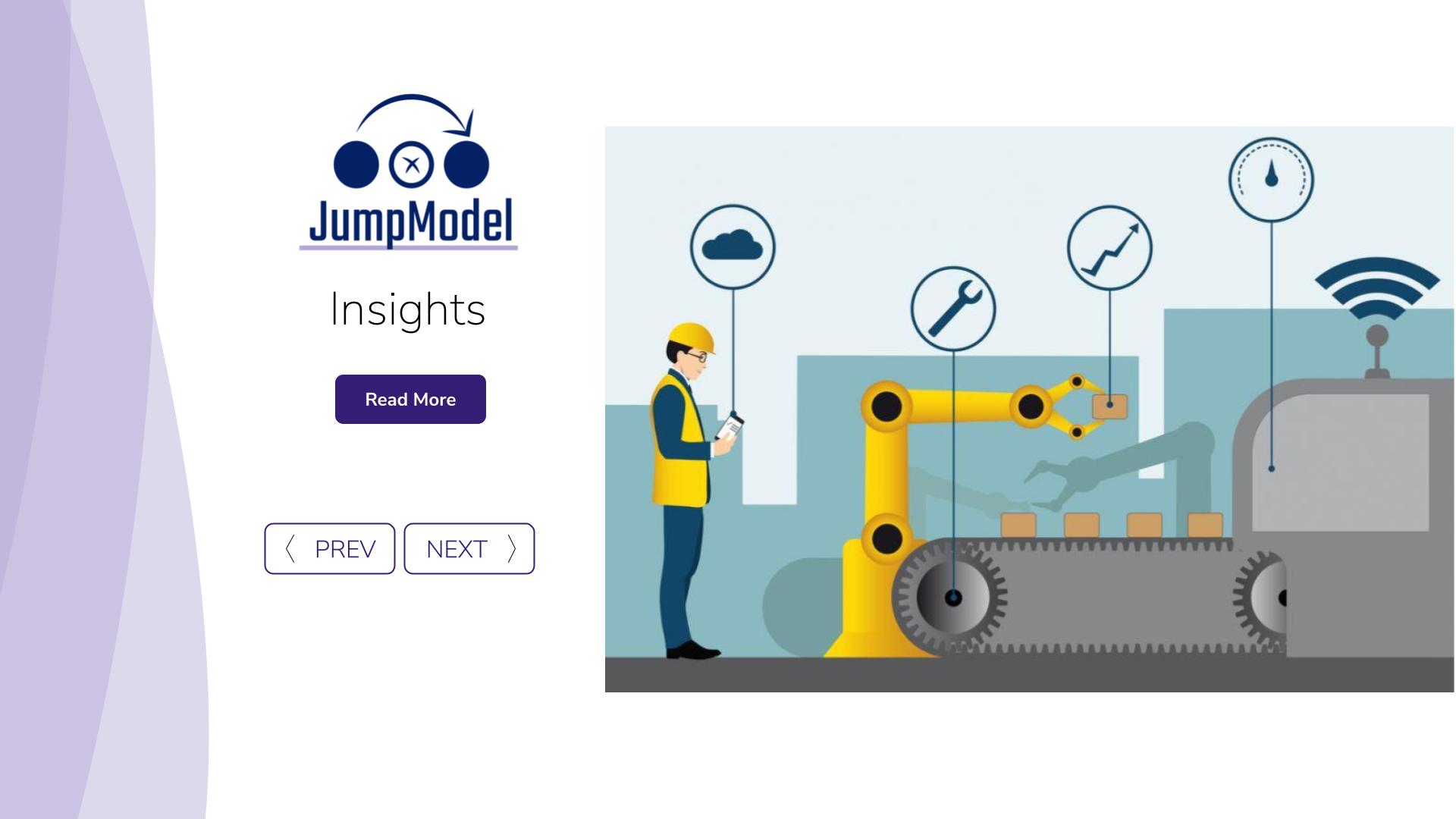
Defining the Smart Factory
The manufacturing industry is an ever-evolving landscape and, as such, companies are increasingly utilizing cutting-edge technologies to revolutionize their operations. Amidst the economic uncertainty, constricted labor markets, and escalating costs facing the market in 2024 and beyond, the manufacturing industry is fervently pursuing the vision of Industry 4.0 through concepts such as interconnectivity, real-time data, automation, and augmented reality.
In particular, the concept of the ‘smart factory’ has emerged as a benchmark of innovative progress. But what exactly denotes a smart factory? In short, a smart factory can be described as a highly digitized and connected production facility that leverages the Internet of Things (IoT), artificial intelligence (AI), machine learning, and other advanced technologies to monitor and automate manufacturing processes. The aim is to create a self-optimizing environment that constantly adapts to change and drives manufacturing efficiency.
At its core, a smart factory is the embodiment of Industry 4.0, where physical production and operations are synchronized with smart digital technology, smart analytics, and autonomous decision-making to enhance the traditional practices of manufacturing. This blend of the physical with the digital allows for a seamless flow of information across the factory floor and beyond, creating an intertwined ecosystem that is responsive, self-improving, and interconnected.
A Deeper Dive into Smart Factory Dynamics
Imagine a manufacturing floor where every machine, sensor, and human intervention is interconnected and communicating. Each component is equipped with sensors and software controlled by a centralized system capable of making informed and autonomous decisions. In such an environment, real-time data is scrutinized and harnessed to optimize operational workflows, predict maintenance needs, and minimize downtime.
In a smart factory, connectivity extends to suppliers and customers, enabling demand-driven production and supply chain transparency. Advanced analytics predict shifts in market demand, adjust production schedules accordingly, and optimize inventory levels, ensuring that the manufacturing process is both lean and responsive to customer needs.
IFS Cloud plays an instrumental role in making this level of sophisticated manufacturing a reality. It acts as the digital backbone of the smart factory, providing the necessary tools and applications that enable machines to perform complex tasks with precision and autonomy. This centralized cloud platform ensures smooth communication across different components and systems within the factory, making it possible to collect large amounts of data from various sources, process it, and use it to drive intelligent decision-making and operational excellence.
IFS Cloud and the Smart Factory
IFS Cloud offers a range of advanced features that directly address the unique challenges and requirements of smart factories. Firstly, it significantly enhances asset efficiency by enabling predictive maintenance capabilities. By leveraging IoT sensors and advanced analytics, IFS Cloud can monitor equipment health in real-time, detect anomalies, and schedule maintenance activities before failures occur. This proactive approach minimizes downtime, maximizes equipment utilization, and extends asset lifecycles.
Secondly, IFS Cloud empowers labor productivity by streamlining and automating manual processes. It offers robust workforce management tools that optimize resource allocation, track employee performance, and enable real-time collaboration. By reducing time-consuming administrative tasks and providing workers with actionable insights, IFS Cloud enables employees to focus on higher-value activities, leading to increased productivity and efficiency.
Thirdly, IFS Cloud places a strong emphasis on product quality improvement. It integrates quality management functionalities that enable real-time monitoring, control, and traceability across the production process. By capturing quality data at various stages and integrating it with other operational data, IFS Cloud identifies patterns, detects potential issues, and facilitates continuous process improvement. This ensures that products meet the highest quality standards, reduces the risk of defects, and enhances customer satisfaction.
The Smart Factory in Action
With IFS Cloud, manufacturers are well-placed to automate complex manufacturing processes, from assembly lines where robots work alongside humans, to supply chains that reorder components just in time using predictive analytics. Such factories can dynamically adjust to new product introductions or changes in production volume, thus exhibiting exceptional adaptability.
Let’s illustrate this with an example: a manufacturing plant of an automotive company detects, through its network of IoT sensors, that a particular part is prone to wear faster under specific conditions. IFS Cloud can process this information to predict when maintenance will be required, automatically schedule service calls, and even adjust the machine parameters in real-time to reduce strain and extend the lifespan of the part in question. Additionally, production planners receive notifications to adjust schedules or modify processes to prevent a bottleneck due to the anticipated downtime, maintaining a smooth and efficient production flow.
In conclusion, as we move forward into a future shaped by digitization, the smart factory stands out not just as an advanced manufacturing model but as the cornerstone for industrial innovation and competitiveness. The adoption of IFS Cloud is central to this transformation, offering manufacturers the tools and insights to thrive in an increasingly complex and fast-paced market. It is a step towards not just smarter production, but a more connected, resilient, and sustainable industrial future.
